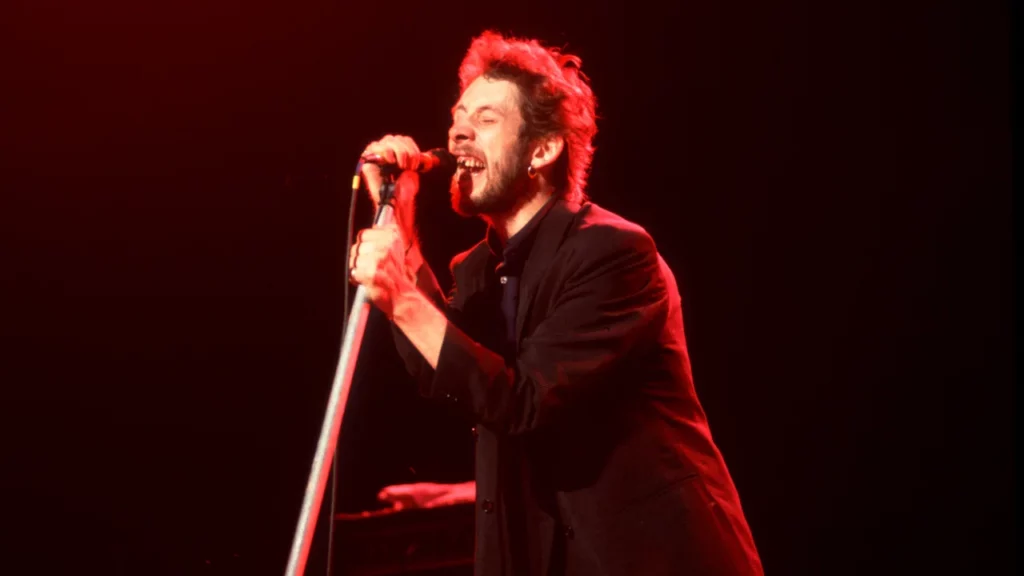
Shane MacGowan, the lead singer of Anglo-Irish band The Pogues, has died, according to a statement from his wife, Victoria Mary Clarke.
Clarke announced the death of the 65-year-old on Instagram, saying: “There’s no way to describe the loss that I am feeling and the longing for just one more of his smiles that lit up my world.”
He died on Thursday after a prolonged period of ill health, according to social media posts by Clarke.
The singer had been discharged from Dublin’s St. Vincent’s Hospital on November 22 after receiving treatment there for an infection, Clarke said.
She had provided regular updates about MacGowan’s health while he was in hospital, thanking followers for their “lovely messages and prayers.”
MacGowan had grappled with multiple health issues in recent years and used a wheelchair since breaking his pelvis in 2015.
Last year, he was diagnosed with viral encephalitis, a potentially life-threatening condition that causes an inflammation of the brain.
And MacGowan received a full set of dental implants in 2015 after losing several teeth as a result of his heavy drug and alcohol use.
Born in Kent, England in 1957 to Irish parents, MacGowan spent his summers in a farmhouse in southern Ireland, surrounded by traditional Irish music.
He formed his band, The Pogues, in London in 1982 with Peter “Spider” Stacy, Jem Finer and James Fearnley, blending traditional Irish folk music with punk sounds.
The Pogues went on to release a string of successful albums and singles, the best known being the 1988 Christmas hit “Fairytale of New York,” in which he duetted with English singer Kirsty MacColl.
Ireland’s prime minister, Leo Varadkar, was one of the first to pay tribute to the musician. In a post on X on Thursday he wrote that MacGowan’s “songs beautifully captured the Irish experience, especially the experience of being Irish abroad.”
Irish President Michael D. Higgins also commended MacGowan’s rich body of work, saying in a statement that he “will be remembered as one of music’s greatest lyricists.”
“His words have connected Irish people all over the globe to their culture and history, encompassing so many human emotions in the most poetic of ways,” said Higgins.

